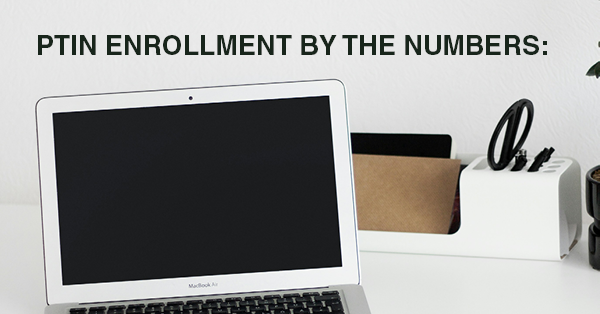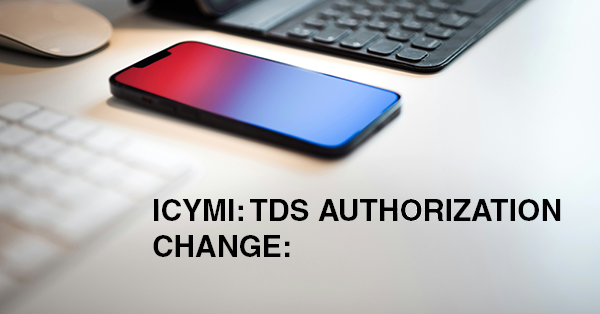RMD REQUIREMENTS DEFERRED BY ONE YEAR:

The IRS has changed the required minimum distribution (RMD) rules for those non-spouse beneficiaries who inherit 401(k) and IRA funds and for those who turned age 72 in 2023.
In Notice 2022-53, the IRS stipulated that the minimum distribution rules for defined contribution plan balances (including IRAs) inherited from a beneficiary who had passed away after their required beginning date— as outlined in the proposed regulations under the SECURE Act—would not take effect until 2023 at the earliest. However, with the release of Notice 2023-54, the IRS has further delayed the implementation of these rules by at least one year, meaning they will not be applicable until 2024 at the earliest.
The IRS received numerous comments from individuals who had understood that, irrespective of whether the original account owner had reached their required beginning date, inheritors of accounts simply needed to withdraw the entire balance by the end of the tenth year following the year of the account holder's death. This misunderstanding led the IRS to issue Notice 2022-53, which provided relief from penalties for those who did not interpret the law in the same way the IRS did in the proposed regulations.
The relief from potential penalties that would apply to the person inheriting the account for failure to take the required minimum distribution found in Notice 2023-54 provides:
To the extent a taxpayer did not take a specified RMD (as defined in section V.C of this notice), the IRS will not assert that an excise tax is due under § 4974.
The Notice also provides relief to individuals born in 1951 who, under the law prior to the enactment of the SECURE 2.0 Act, were informed they would need to take required minimum distribution (RMD) payments by April 1, 2024, as they would turn 72 in 2023. Payments to cover these initial RMDs could have been initiated as early as January 2023, and some taxpayers may have scheduled such payments accordingly.
The IRS provides relief to allow recipients of such distributions to roll them over beyond the 60-day rollover rules. However, there are some key differences depending on whether the funds originated from a qualified employer retirement plan or an individual retirement account (IRA).
Pursuant to § 402(c)(3)(B), the Treasury Department and the IRS are extending the 60-day rollover period for any distribution described in section IV.A of this notice so that the deadline for rolling over such a distribution will be September 30, 2023. For example, if a participant who was born in 1951 received a single-sum distribution in January 2023, part of which was treated as ineligible for rollover because it was mischaracterized as an RMD, that participant will have until September 30, 2023, to roll over that mischaracterized part of the distribution.
Pursuant to § 408(d)(3)(I), the Treasury Department and the IRS are extending the 60-day rollover period for certain IRA distributions made to an IRA owner (or the IRA owner’s surviving spouse), so that the deadline for rolling over that portion of the distribution will be September 30, 2023. The distributions that are subject to this extension are distributions made from an IRA between January 1, 2023, and July 31, 2023, to an IRA owner born in 1951 (or that individual’s surviving spouse) that would have been RMDs but for the change in the required beginning date under § 107 of the SECURE 2.0 Act.




